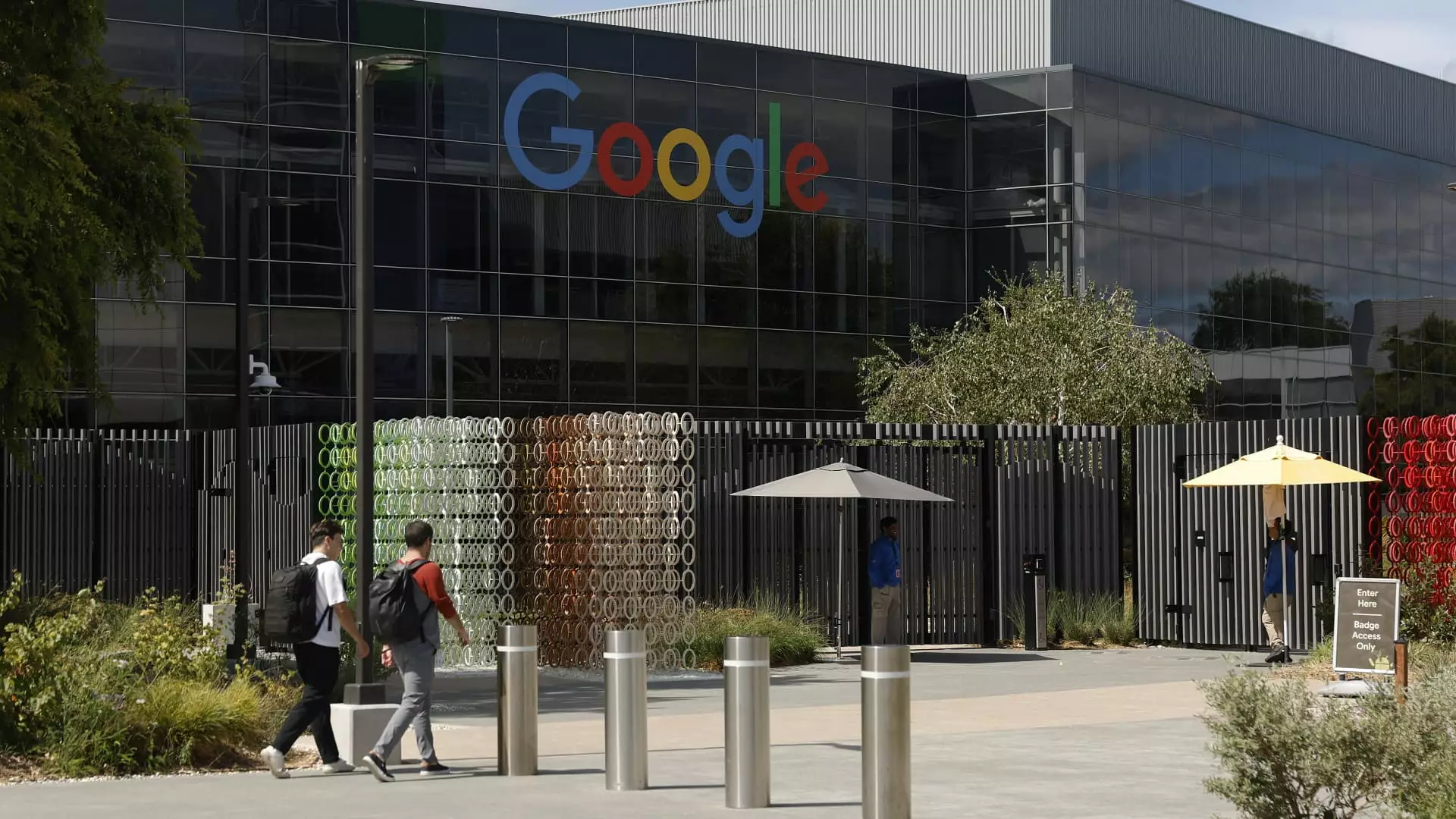The recent proposal by former President Donald Trump to cut back on publicly traded companies’ financial reporting requirements raises serious concerns about the integrity and stability of the financial markets. While the intent might be to reduce regulatory burdens and foster managerial agility, such a shift threatens the core trust that underpins investor decision-making. Transparency creates a level playing field; without timely and comprehensive disclosures, investors lose critical insights needed to evaluate a company’s health and prospects. Diminishing reporting frequency risks turning stock markets into speculative arenas driven more by rumors and hype than by factual financial data—undermining the fundamental mechanism that channels capital efficiently and responsibly.
The Illusion of Cost Savings Over Long-Term Stability
Proponents, including Trump, argue that reduced reporting requirements would cut expenses and free managers to focus on operational excellence. However, this perspective narrowly views regulation as a cost burden rather than an essential safeguard. Cutting back on disclosures essentially shifts the burden from public scrutiny to the illusion of managerial autonomy, which often conceals underperformance or emerging risks. In the fast-moving tech industry, where innovation cycles are unpredictable and competitors are relentless, withholding regular updates invites volatility and erodes investor trust. The “cost savings” may seem appealing short-term but can sow long-term insecurity, destabilizing markets and harming the very companies that seek to benefit from investor confidence.
The Illusion of Economic Data Manipulation and Market Resilience
Trump’s recent interference with U.S. economic data—including his removal of the Bureau of Labor Statistics chief—indicates a troubling pattern: an attempt to shape narratives rather than reflect realities. This approach risks eroding the credibility of economic indicators, which serve as vital signals for investment decisions, policymaking, and economic planning. Although markets have defied these efforts with record highs driven anew by artificial intelligence enthusiasm, such resilience is superficial. Artificially boosting markets through overly optimistic sentiment, without substantive backing data, is a fragile strategy that could lead to a sudden, disillusioning correction when reality catches up. A healthy market must be built on transparency and genuine growth, not managed narratives.
Artificial Intelligence as the New Investment Frontier—A Double-Edged Sword
Investors’ current enthusiasm is largely driven by the AI frenzy, with companies like Alphabet poised for dominance due to data advantages. Indeed, Google’s vast content library, especially YouTube, provides an unrivaled training ground for sophisticated AI models like Gemini. However, this AI gold rush reveals a deeper contradiction: while technology firms benefit from an environment of reduced regulation and enhanced data leverage, the broader ecosystem risks being superficially inflated. Heavy investment in AI technologies can be beneficial but should not happen at the expense of transparency, regulation, and fair competition. If unchecked, this technological arms race could deepen inequalities and pose systemic risks—what happens when data-driven dominance consolidates even further?
A Call for Center-Right Pragmatism in Corporate Governance
From a center-right perspective, fostering innovation and economic growth must balance careful regulation with the preservation of investor protections. While reducing bureaucratic hurdles can stimulate dynamic industries such as tech, outright neglect of transparency and oversight jeopardizes long-term stability. Decisive action should not mean deregulation for deregulation’s sake, but rather targeted reforms that reinforce accountability without hampering progress. Prosperity built on trust, clear rules, and responsible governance is more sustainable than short-term cost-cutting measures that threaten to destabilize markets and erode investor confidence over time. Maintaining a pragmatic middle ground ensures that technological advancements fuel growth without sacrificing the essential principles of transparency and accountability.

